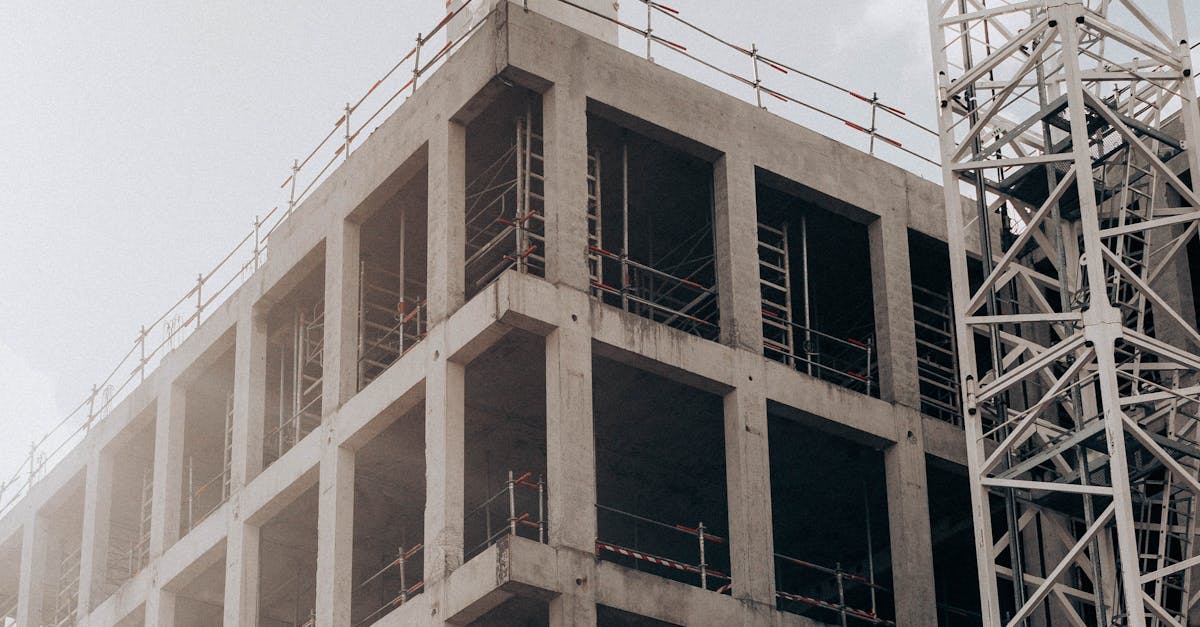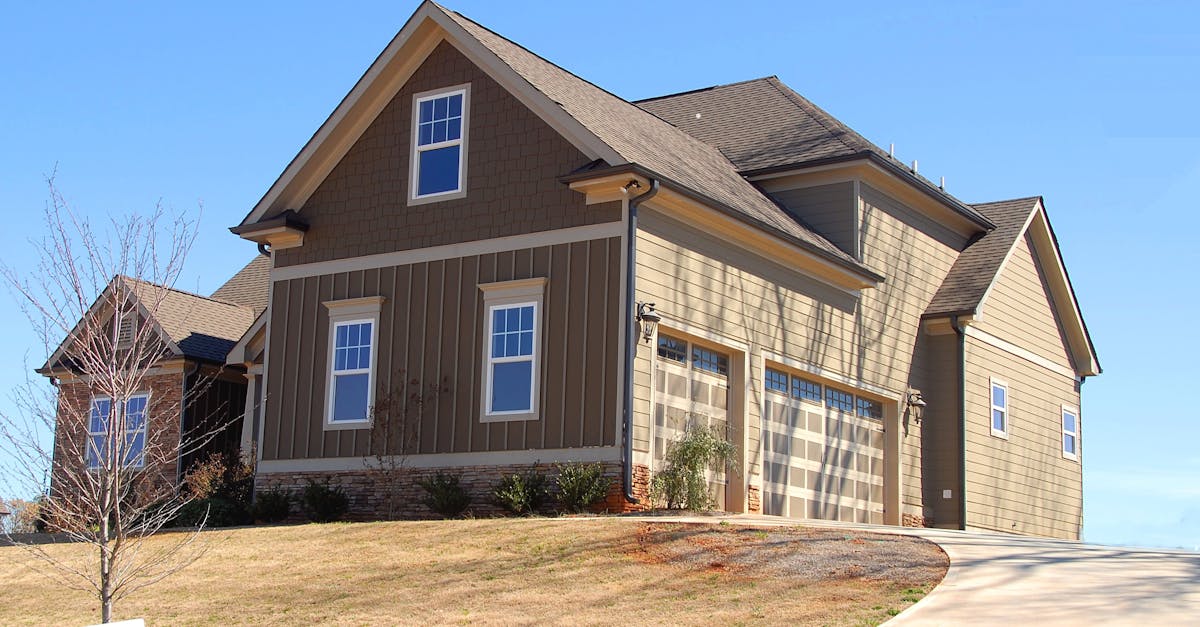
Designing the Real Estate Development
Designing the real estate development plays a crucial role in the overall success of a project. It involves envisioning the project layout, functionality, and aesthetics to create a space that meets the current market demands. Assisting with real estate development projects in Texas requires careful consideration of factors such as location, target demographics, and zoning regulations to ensure that the design aligns with the intended purpose of the development.
Developing architectural and site plans is a key aspect of designing a real estate development project. These plans serve as the blueprint for the construction process and help in visualizing the final outcome. By collaborating with architects, engineers, and designers, developers can create plans that optimize the functionality and appeal of the property while adhering to local building codes and regulations. Assisting with real estate development projects in Texas involves striking a balance between innovation and practicality to deliver a project that meets both market needs and regulatory requirements.
Developing Architectural and Site Plans
Developing architectural and site plans is a crucial step in the process of planning a real estate development project. These plans serve as the blueprint for the entire project, outlining the structural design and layout of the development. When developing architectural and site plans, it is essential to consider various factors such as zoning regulations, environmental impact, and maximizing space utilization. These plans are not only essential for construction purposes but also play a significant role in obtaining necessary permits and approvals from local authorities.
Assisting with real estate development projects in Texas involves collaborating with architects, engineers, and other stakeholders to create detailed architectural and site plans that align with the project's vision and goals. The process requires meticulous attention to detail and a deep understanding of local building codes and regulations. By developing comprehensive architectural and site plans, developers can ensure that the project is executed efficiently and meets all legal requirements, ultimately leading to a successful real estate development venture.
Construction and Development Phase
Assisting with real estate development projects in Texas involves the intricate Construction and Development Phase, which is a critical aspect of ensuring a successful project completion. This phase requires meticulous planning and execution to bring the architectural blueprints to life. Coordinating with contractors, engineers, and other stakeholders is essential to guarantee that the construction progresses on schedule and within budget.
Moreover, overseeing the development phase includes managing various aspects such as obtaining necessary permits, adhering to building codes, and ensuring quality control during construction. Effective communication among all parties involved is pivotal to address any issues promptly and maintain the project's momentum. The Construction and Development Phase demands attention to detail and a proactive approach to tackle challenges as they arise, ultimately contributing to the overall success of the real estate development endeavor.
Managing Construction Timeline and Budget
Managing construction timelines and budgets are crucial aspects of successfully executing a real estate development project. The ability to adhere to predetermined schedules and financial plans can significantly impact the overall success of the venture. Assisting with real estate development projects in Texas requires a keen eye for detail and a proactive approach to monitoring and controlling expenses throughout the construction process.
By closely supervising the progress of construction activities, project managers can identify potential delays or cost overruns early on and implement corrective measures promptly. This proactive approach helps ensure that the project stays on track and within budget, ultimately leading to the timely completion of the development. Assisting with real estate development projects in Texas involves constantly assessing the progress of construction tasks, coordinating with contractors and suppliers, and making well-informed decisions to optimize the use of resources and mitigate any potential risks that may arise.
Marketing and Sales Strategy
When it comes to the marketing and sales strategy for a real estate development project, it is crucial to have a comprehensive plan in place. This involves identifying the target market, understanding the competitive landscape, and creating effective branding and promotional strategies. Assisting with real estate development projects in Texas requires a tailored approach that considers local market trends and buyer preferences. Implementing a robust marketing plan can help attract potential buyers and investors, ultimately contributing to the success of the project.
In addition to marketing, a well-thought-out sales strategy is essential for driving property sales and maximizing profits. This includes setting competitive pricing, leveraging various sales channels, and providing exceptional customer service throughout the sales process. Developing a cohesive marketing and sales strategy not only helps in selling units but also in building long-term relationships with clients, fostering trust, and generating positive word-of-mouth referrals.
Developing a Comprehensive Marketing Plan
Developing a comprehensive marketing plan is an essential aspect of any real estate development project. This stage involves outlining strategies to attract potential buyers or renters to the property. Market research plays a crucial role in understanding the target audience and determining the most effective channels for promoting the development. By leveraging various marketing tools such as digital advertising, social media campaigns, and networking events, developers can create a robust plan to generate interest in the project. Assisting with real estate development projects in Texas requires a detailed understanding of the local market trends and consumer preferences, which can be incorporated into the marketing strategy to maximize its effectiveness.
In addition to reaching out to potential buyers, a comprehensive marketing plan should also focus on establishing a distinctive brand identity for the development. This involves creating a compelling story around the project, highlighting its unique features and value proposition. By effectively communicating the benefits of the property, developers can differentiate themselves from competitors and build a strong brand presence in the market. Furthermore, coordinating with sales teams to ensure alignment between marketing efforts and sales strategies is crucial for driving conversions and achieving project success. Assisting with real estate development projects in Texas demands a tailored approach that resonates with the local community and addresses their specific needs and preferences.
FAQS
What is involved in designing a real estate development project?
Designing a real estate development project involves creating a detailed plan that outlines the layout, architectural design, and functionality of the project.
How important are architectural and site plans in real estate development?
Architectural and site plans are crucial in real estate development as they provide a visual representation of the project layout, help in obtaining permits, and guide the construction process.
How do you manage the construction timeline and budget in a real estate development project?
Managing the construction timeline and budget involves setting realistic deadlines, monitoring progress, and controlling costs through effective project management practices.
What is the significance of having a marketing and sales strategy in real estate development?
A marketing and sales strategy is essential in real estate development to attract potential buyers or investors, create brand awareness, and drive sales for the project.
How can you develop a comprehensive marketing plan for a real estate development project?
Developing a comprehensive marketing plan involves identifying target audiences, utilizing various marketing channels, setting clear objectives, and tracking results to ensure successful promotion of the project.




